What Happens in The Bacchae?
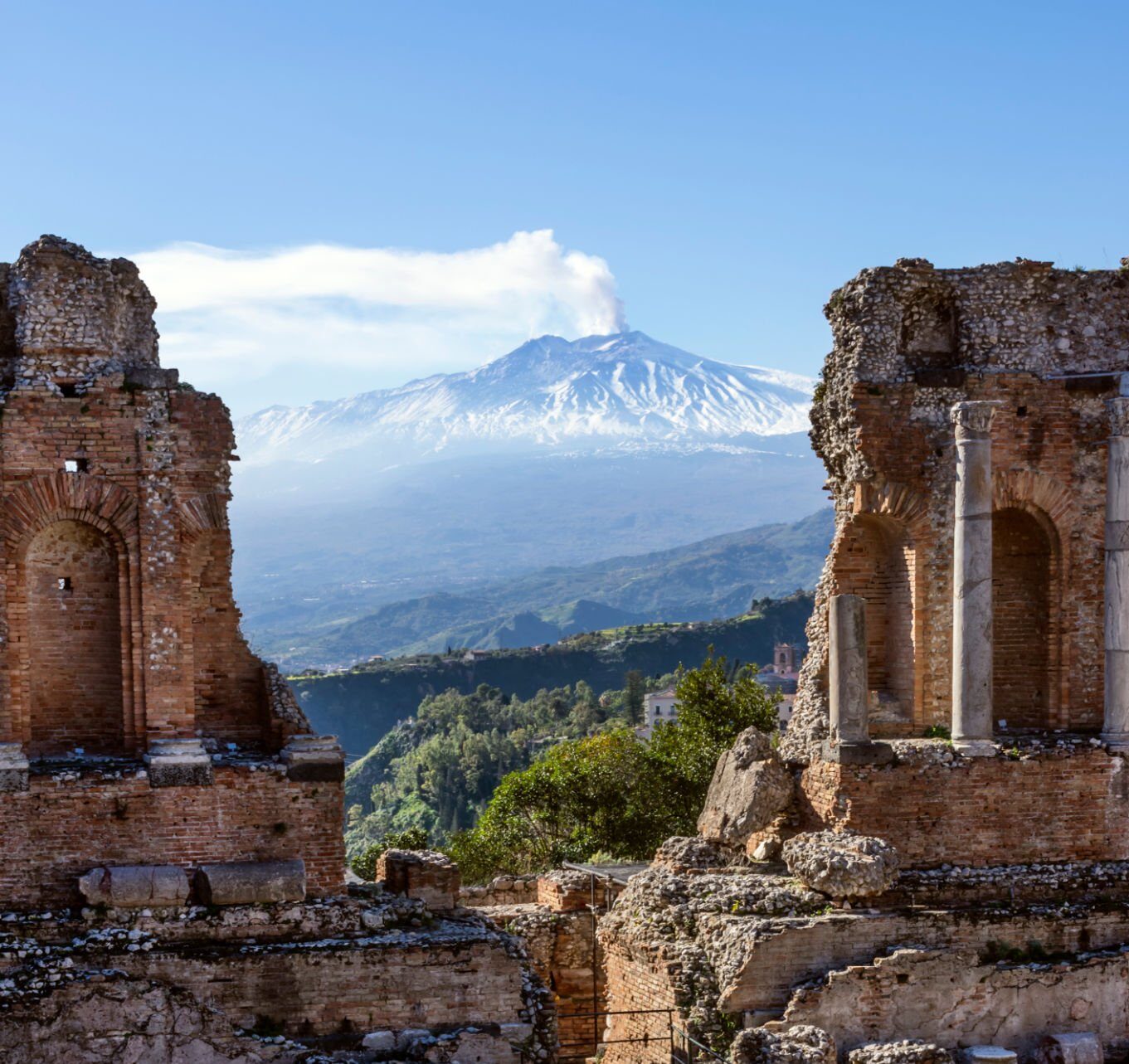
Euripides’s The Bacchae is a profound and disturbing exploration of the human psyche, delving into themes of repression, liberation, the nature of the divine, and the consequences of denying the irrational. By examining this ancient tragedy through the lens of Jungian archetypes and depth psychology, we can uncover deep insights into the nature of the self, the dynamics of the unconscious, and the necessity of integrating the shadow.
I. Summary of The Bacchae
The Bacchae: Feminine Nature vs. Masculine Civilization
Euripides’s The Bacchae can be seen as a profound exploration of the Jungian archetypes of the feminine and masculine, and the consequences that arise when either force represses the other into the unconscious rather than integrating in a balanced way.
Dionysus and the Feminine
Dionysus and his female followers, the Bacchae, represent the archetype of the feminine – associated with nature, passivity, instinct, timelessness, and the irrational unconscious. In Greek thought and in the analyses of some modern thinkers like Neumann, the feminine was seen as aligned with the chthonic powers of the earth, fertility, and the untamed wilderness outside the boundaries of civilization.
Dionysus himself embodies this wild, irrational, boundary-dissolving feminine energy. His return to Thebes is the return of the repressed feminine, the eruption of the Dionysian unconscious that Pentheus and the male-dominated civilization of Thebes have denied.
Pentheus and the Masculine
In contrast, Pentheus represents the masculine archetype – associated with civilization, order, rationality, assertion, law, and the controlling conscious mind. He embodies the distinctly masculine aspects of the psyche that seek to establish boundaries, impose order, and keep the irrational forces of nature at bay.
Pentheus’s refusal to acknowledge Dionysus and his attempt to suppress the Bacchic rituals can be seen as the masculine ego’s attempt to deny and control the feminine unconscious. He represents the one-sided dominance of masculine consciousness over feminine nature.
The Repression of the Feminine
The central conflict of the play, between Dionysus and Pentheus, can be understood as the psychic tension that arises when the masculine consciousness tries to wholly repress the feminine unconscious.
Jung believed that for the psyche to function in a healthy, integrated way, the conscious and unconscious, the rational and irrational, the masculine and feminine, must be balanced. When one dominates and represses the other, it leads to a dangerous imbalance.
Pentheus’s refusal to give Dionysus his due is a refusal to acknowledge the necessity of the irrational, feminine, unconscious forces. This repression ensures that when these forces erupt, as they do through Dionysus and the Bacchae, they do so in a destructive, uncontrolled way.
The Eruption of the Dionysian
The frenzy of the Bacchae and their violent dismemberment of Pentheus is the destructive result of the repressed feminine erupting from the unconscious. It is the consequence of Pentheus’s attempt to deny the Dionysian, the civilized ego trying to subjugate wild nature.
Agave and the other women of Thebes, in their Dionysian possession, represent the feminine psyche overtaken by the irrational unconscious. Their ecstatic rituals in the wild represent a complete surrendering to nature, a dissolution of the boundaries of the civilized self.
The Necessity of Integration
The tragic end of Pentheus can be seen as the result of the failure to integrate the feminine and the masculine, nature and civilization, the unconscious and the conscious. By trying to completely suppress the Dionysian, Pentheus ensures its destructive eruption.
The play can be seen as a warning about the dangers of the one-sided dominance of either the masculine or the feminine. It suggests that psychological and societal health requires a balance and integration of these opposing forces.
Just as an individual must acknowledge and integrate their unconscious shadow for psychic wholeness, a society must give space to the irrational, instinctual forces represented by the feminine. The Bacchae illustrates the perils of a hyper-rational, hyper-masculine civilization that denies the feminine, the natural, the unconscious.
In the end, the play affirms the necessity of the Dionysian, the wild and irrational, the feminine and natural. It is a reminder that these forces cannot be wholly repressed or controlled by the masculine conscious mind, but must be acknowledged, respected, and integrated for true wholeness and balance.
II. Archetypal Figures in The Bacchae
Dionysus:
The Shadow Dionysus embodies the archetype of the Shadow – the repressed, irrational, instinctual aspects of the psyche. He represents the liberation of the unconscious, the ecstatic dissolution of boundaries and social norms. His conflict with Pentheus can be seen as the ego’s attempt to suppress and control the shadow.
Pentheus:
The Rigid Ego Pentheus represents the Rigid Ego – the part of the psyche that seeks to maintain control, order, and societal norms. His refusal to acknowledge Dionysus and his attempt to suppress the Bacchic rituals can be seen as a denial of the irrational and a fear of the loss of control.
Agave:
The Possessed Feminine Agave and the other Bacchae represent the Possessed Feminine – the feminine psyche overtaken by the Dionysian impulse. Their orgiastic rituals and their violent dismemberment of Pentheus suggest the destructive potential of the unintegrated shadow when it erupts from repression.
III. Repression and Liberation
At the heart of The Bacchae is the conflict between repression and liberation. Pentheus’s attempt to suppress the Dionysian represents the ego’s attempt to control and deny the irrational, instinctual aspects of the psyche. Dionysus and the Bacchae, in contrast, represent the eruption of these repressed elements, the liberation of the unconscious.
IV. The Nature of the Divine
The play also explores the nature of the divine, particularly the relationship between the Olympian gods and the older, chthonic deities. Dionysus, as a god of ecstasy and intoxication, represents a different kind of divinity than the rational, orderly Olympians. His triumph in the play suggests the power and importance of these more primal, irrational forces.
V. The Necessity of Integration
The tragic end of Pentheus can be seen as a result of his failure to integrate the Dionysian into his psyche. By denying and repressing the irrational, he ensures its destructive eruption. The play suggests that psychological wholeness requires an acknowledgment and integration of the shadow, a balance between the rational and the instinctual.
VI. Psychological and Societal Implications
The Eruption of the Repressed
The Bacchae powerfully illustrates the consequences of repression. When the shadow is denied, as Pentheus denies the Dionysian, it can erupt in destructive, uncontrolled ways. The play suggests that healthy psychic functioning requires a confrontation with and integration of the repressed aspects of the self.
The Dionysian and the Apollonian
The conflict between Dionysus and Pentheus can be seen as a representation of the Nietzschean dichotomy between the Dionysian and the Apollonian – the irrational, instinctual forces versus the rational, controlled aspects of human nature. The play suggests that both are necessary for wholeness, and that an over-emphasis on either leads to imbalance and destruction.
The Shadow of the Collective
The Bacchae also illustrates the eruption of the collective shadow – the repressed, denied aspects of a society or culture. The Bacchic rituals can be seen as a collective liberation of repressed energies, a challenge to the established order. The play suggests that societies, like individuals, must confront and integrate their shadows for healthy functioning.
Read About Other Classical Greek Plays and Their Influence on Depth Psychology
Classical Literature
Iphigenia in Aulis




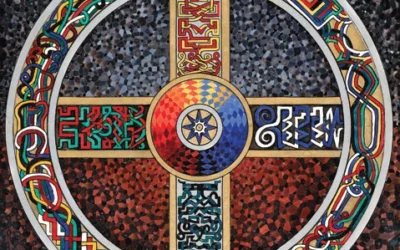
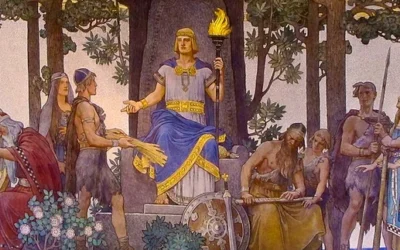


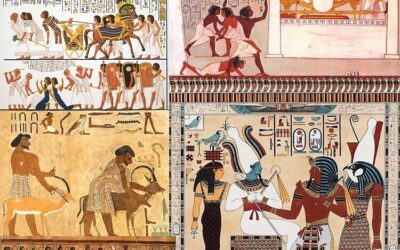
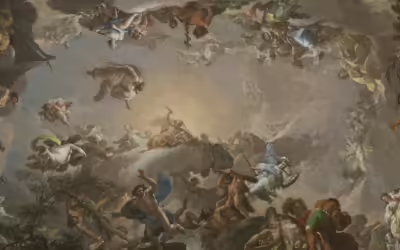



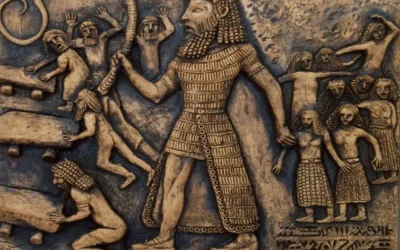
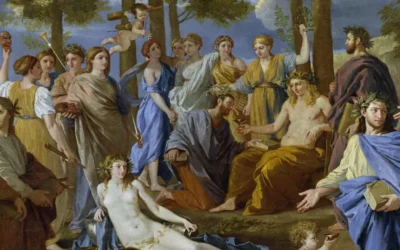
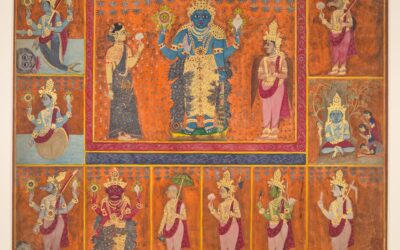
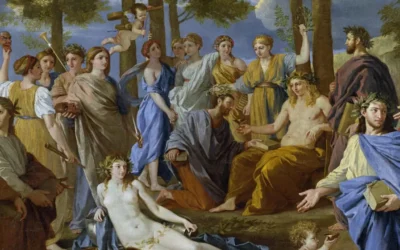
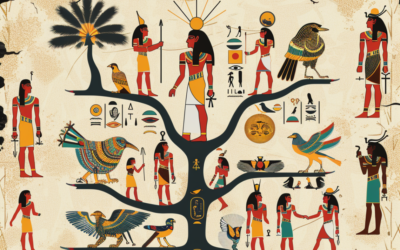
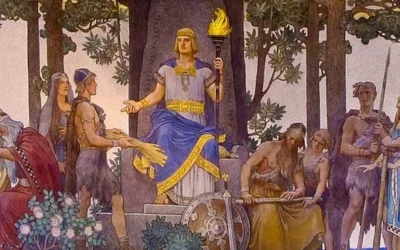

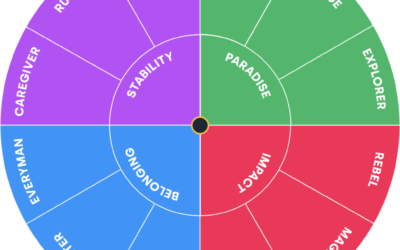
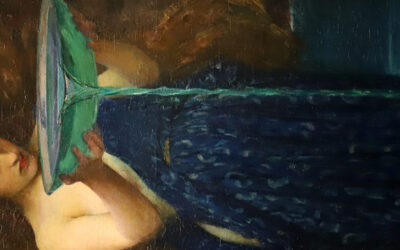
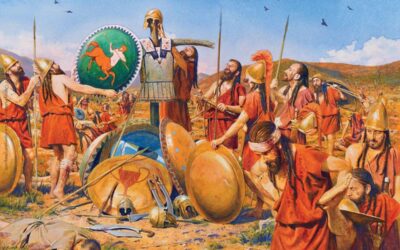
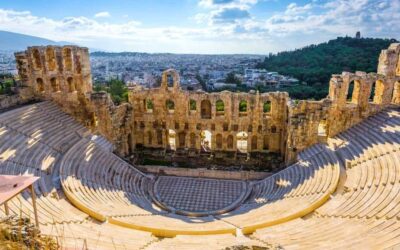
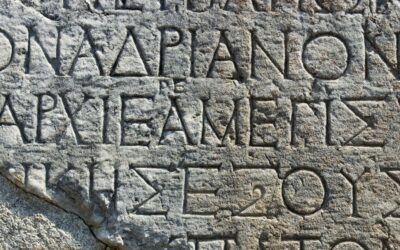
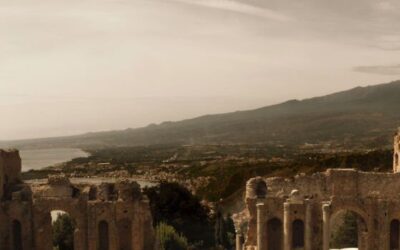
0 Comments